This interview originally ran on TGForum and was reprinted here with Shelley Anne’s permission.
By Shelley Anne Baker

Jennifer Finney Boylan is the bestselling author of 18 books, including her just released book, Mad Honey, written with Jodi Picoult. Boylan is the author of many books which address LGBTQ identity. She is the inaugural Anna Quindlen Writer in Residence at Barnard College of Columbia University and a contributing Opinion writer for The New York Times. A nationally known advocate for human rights, she is a trustee of PEN America, the nonprofit advocating for authors, readers, and freedom of expression worldwide, and for many years was the national co-chair of GLAAD, the media advocacy group for LGBT people worldwide. GLAAD provides hundreds of resources for gay, trans, lesbian, bi, and queer or questioning people, and those that love us. Boylan has also been a member of the Board of Trustees of the Kinsey Institute for Research on Sex, Gender, and Reproduction.
Her 2003 memoir, She’s Not There: a Life in Two Genders (Broadway/Doubleday/Random House) was the first bestselling work by a transgender American. A novelist, memoirist, and short story writer, she is a nationally known advocate for human rights. Boylan has appeared on the Oprah Winfrey Show on four occasions, Live with Larry King twice, the Today Show, the Barbara Walters Special, NPR’s Marketplace and Talk of the Nation. She previously was the subject of documentaries on CBS News’ 48 Hours and The History Channel. She also served as an advisor to the television series Transparent.
Boylan’s work appears regularly in The New York Times, Medium and many other major news outlets. Her website features numerous notable interviews, articles and blog entries that are sure to be of interest.
Boylan lives in New York City and Belgrade Lakes, Maine, with her wife, Deedie. They have a son, Sean, and a daughter, Zai.
Shelley: Talk about your new book Mad Honey.
Ms. Boylan: Mad Honey is a novel co-authored with one Jodi Picoult. It is told in two alternating voices—one, Lily, a young woman who we find murdered at the end of chapter one and the other, a middle-aged mom, who is the mother of Lily’s boyfriend, who is accused of her murder. The mom, Olivia, is a formerly battered wife, and she has to wonder whether her son, Asher, is anything like her ex-husband, his father. I wrote most of the Lily chapters, and Jodi wrote most of the Olivia chapters. The Lily chapters run backwards in time and the Olivia chapters run forward through the trial. And so, the question that emerges is, how well do we know the people we love? It is also about what we keep secret from our loved ones. What is the difference between what is secret, and what is private? I think that is an issue that will resonate with TGForum readers. As will a few other issues that emerge over the course of the story.
Editor’s note: Jodi Picoultis the #1 New York Times bestselling author of 28 novels, including Wish You Were Here, Small Great Things, Leaving Time, and My Sister’s Keeper, and, with daughter Samantha van Leer, two young adult novels, Between the Lines and Off the Page.
Mad Honey is available in hardcover, eBook, and audio from Amazon.
Shelley: You began transitioning over 20 years ago. The world was a lot different then.
Ms. Boylan: It was.
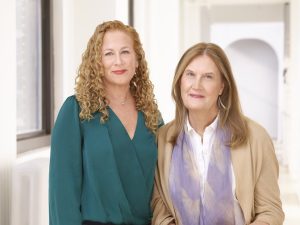
Shelley: And your family and marriage have survived through it all.
Ms. Boylan: We have.
Shelley: As a transgender activist, how do you get communities to hear your voice?
Ms. Boylan: I do my best to tell my stories, and then I rely on my publishers, in my case, Penguin Random House for books, and The New York Times, The Washington Post, and the New Yorker, to get those stories in front of people. The business of publishing has changed a lot since I started writing 40 years ago, and one thing that is now demanded is that authors also get involved in the PR business, tweeting, and posting and the like, sending people to the stories we have published. I do not mind doing that work, but I admit I like writing the actual stories a whole lot more.
Shelley: For those who do not know, you recently wrote an opinion piece for The Washington Post. So, is being transgender a medical condition?
Ms. Boylan: That piece contrasts the way we spoke about trans identity in the 1990s, and in the present. In those days, there was a heavily medicalized view of transness. There was a sense that whatever we were, it was the result of neurology, and could best be understood through that lens. Now, the discourse has shifted somewhat, so that we feel that being trans is, in some ways, more about expression than neurology. To be clear, the medical model still works well for many people, and one thing trans people need is good health care. Personally, I believe that being trans, at least in so far as my own experience of the impulse, has its roots in neurology. I mean, I did not go through all of this in order to be feminine. I could have been feminine and remained in a male body without much problem. But what I wanted was the body that I am in, which I should note, is sometimes as a sometimes masculine woman. But my boyish tendencies, my love of loud music and my desire to climb mountains, for instance, make me no less female.
Shelley: Do you enjoy teaching at such a prestigious institution?
Ms. Boylan: I do. As Writer in Residence at Barnard College of Columbia University, I meet with young writers, and try to teach them about character, and plot, and other aspects of narrative. Most of all, perhaps, I try to teach them about revision and re-writing, the most important skill of any author. And, may I say, that it is also a skill that comes in handy when trying to live your life as a trans person. None of us is the final draft of ourselves, and the ability to reinvent ourselves over time is surely crucial. As a trans woman, I can say, it has quite literally saved my life.
Although I am not teaching at Harvard this term. I am part of a cohort of scholars, scientists, composers, and writers who are here doing our own work. We come together twice a week to learn about each other’s research and to have lunch and conversation.
Shelley: I love your website, JenniferBoylan.net. Good information and links.
Ms. Boylan: Thank you.
Shelley: Your book promotion tour has you on the move. I wish you would bring your book tour to my neck of the woods, the San Francisco Bay Area.
Ms. Boylan: I am sorry about that. I cannot go everywhere. And the stops on the tour were not mine to choose. All of that is decided by my publisher Penguin Random House and their publicity team.


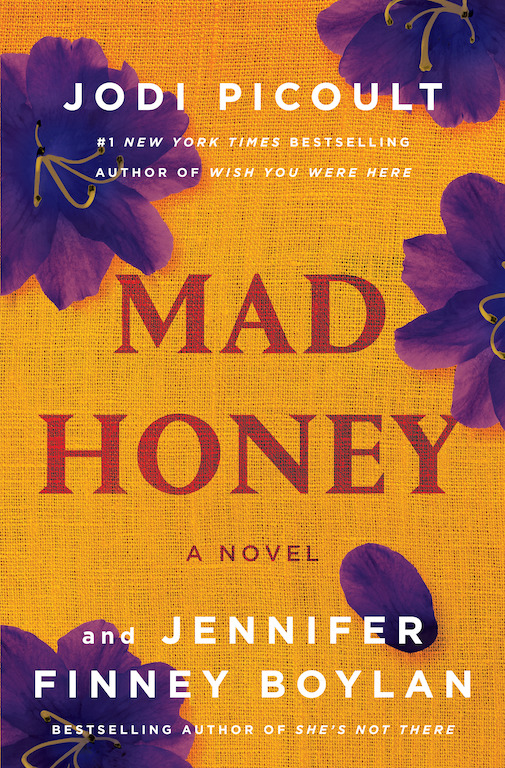
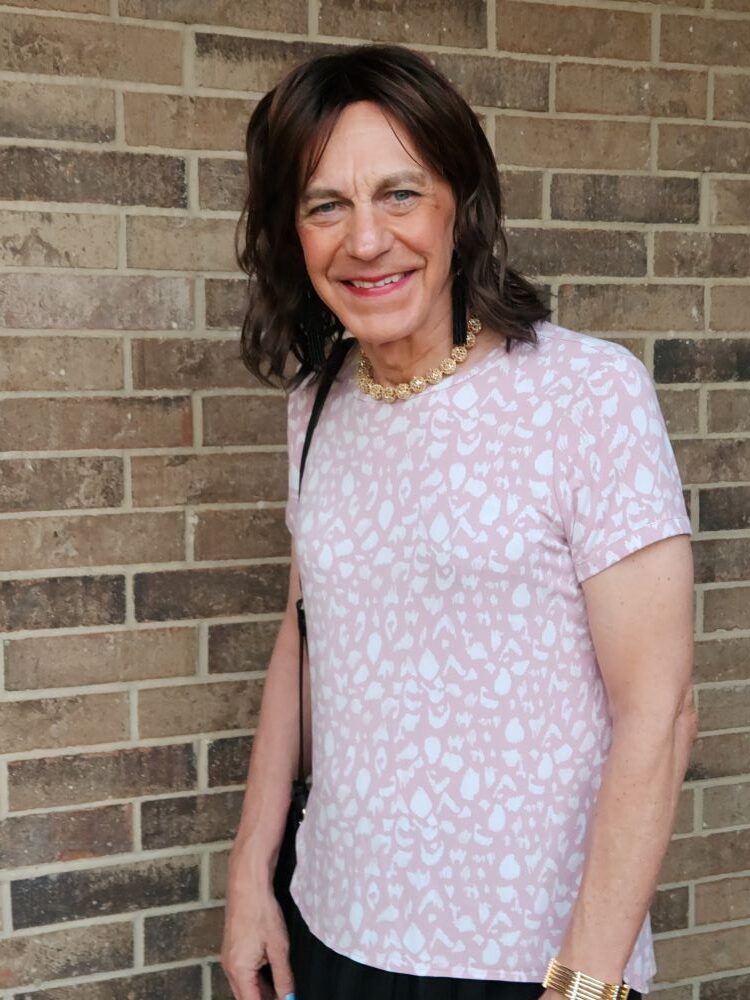

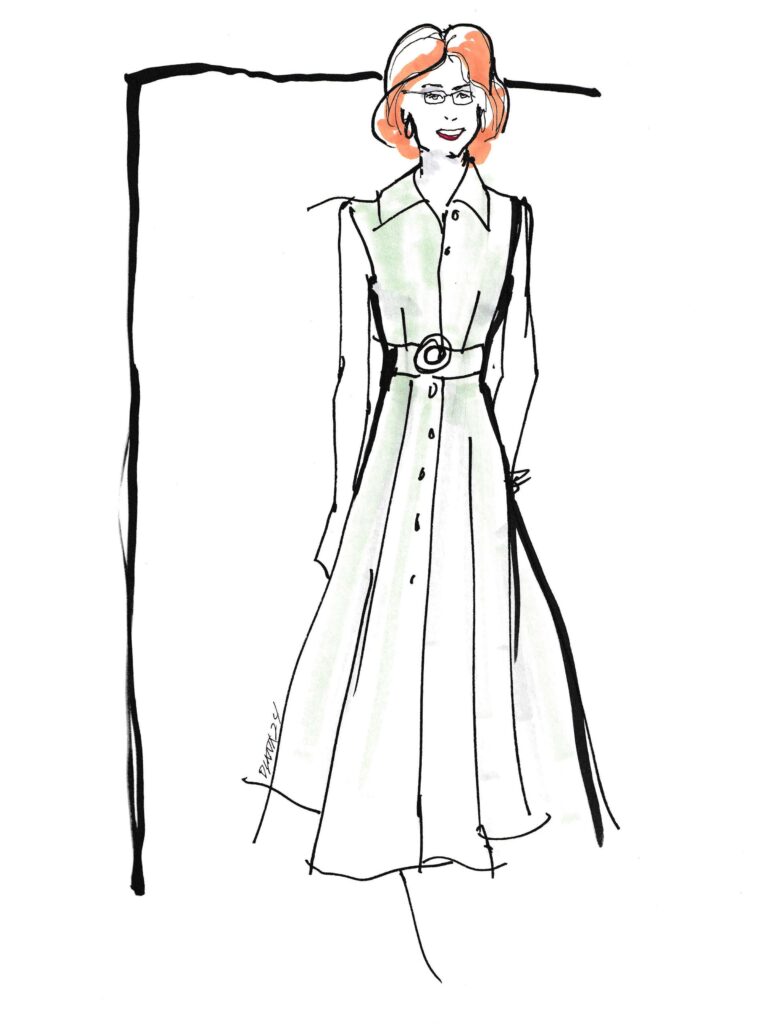






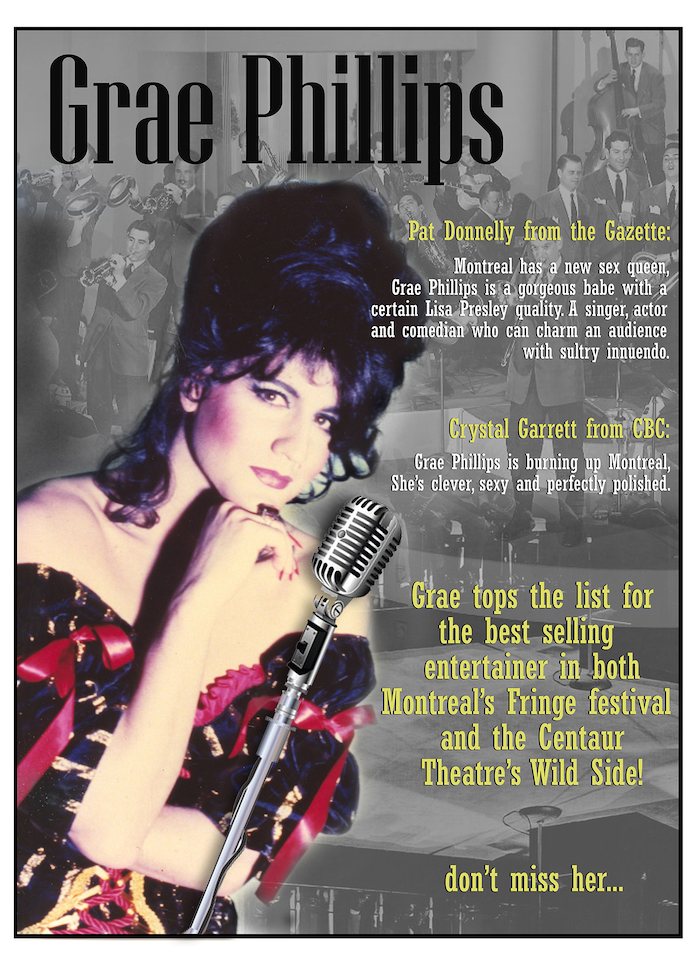
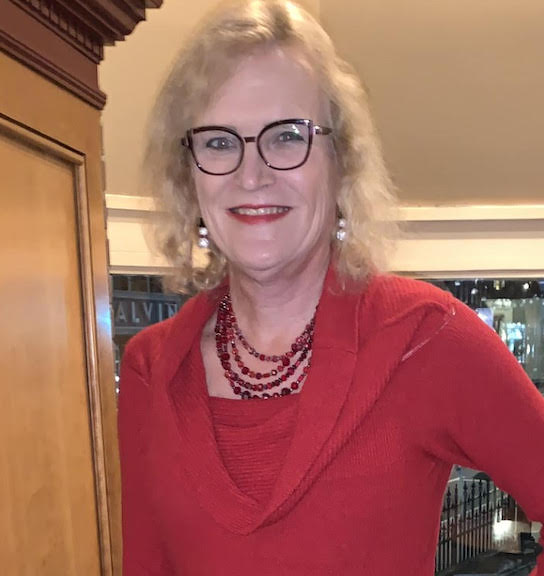
2 Responses
I very much enjoyed reading this post. Thank you Shelley Anne.
Ms. Boylan makes some excellent points about our trans community. They also help me have a better understanding of myself.
Jennifer is a great ambassador for all of us.
Jocelyn
Shelley,
What an interesting question , ” is , transgender a medical condition ? ”
To me it’s a ” YES & NO ” answer . I descibe being transgender as born with some of our wires crossed , possibly a naive statement but I was considering how our brain functions on minute electrical connections , some of their messages aren’t arriving at the correct destination , in that context can medicine correct those stray paths ? The usual path most take ( or at least I did in the UK ) was inititally consult my GP , thankfully many of his referrals were available through the NHS , so despite being transgender is not a medical condition we still have to use the medical route to find answers . Ms Boylan states that being a trans woman saved her life , that begs the question if it could be medically corrected would we take that option , like Jennifer I would probably decline the offer but I can only say that now I’ve lived fulltime . Before it might have posed quite a dilemma , would I take hormones to establish my femininty or would I take the alternative to remain a man ?
It’s great to see Jennifer offer a modern alternative view to transition , at one time it was far more medicalised , far more black and white but now it’s a very personal choice , perhaps we should be grateful that society has allowed us the freedom to make more of our own choices . While we shouldn’t be dictated by society we all need to fit in so we can make a useful contribution , besides it easier to make changes within our society rather than from the outside .
Some people may not realise I’m transgender but those who suspect or know are allowing me to be part of their lives without question , to me that is the crux of my transition . What physically resides between my legs remains my private business , I’ve never been asked so I’ve never had to explain myself . Male or female parts serve certain functions otherwise they make very little difference on a daily basis .